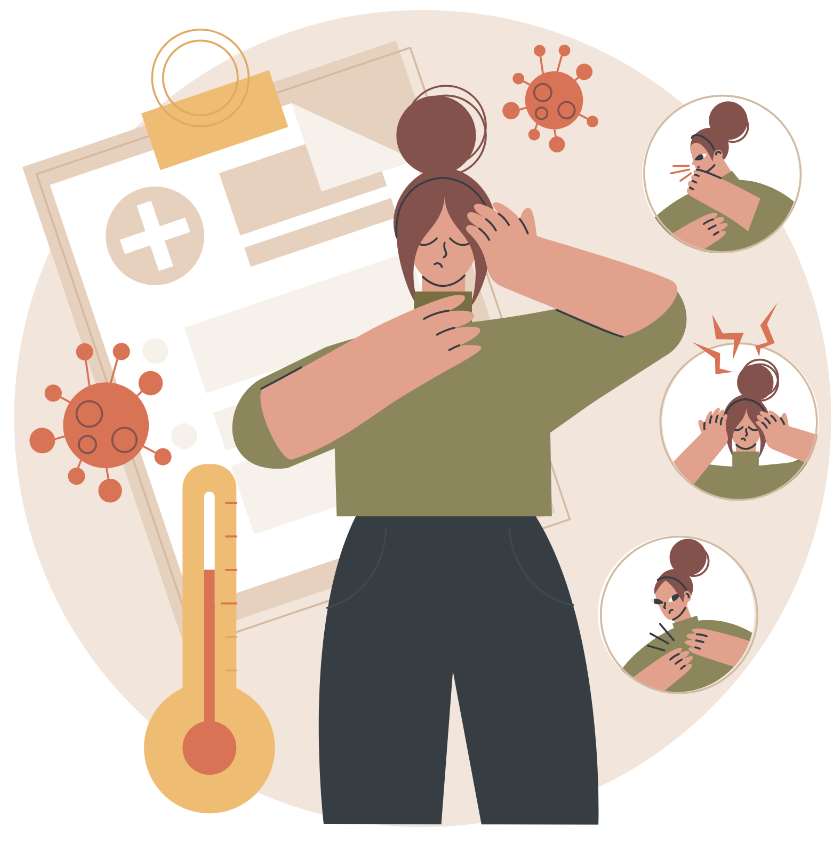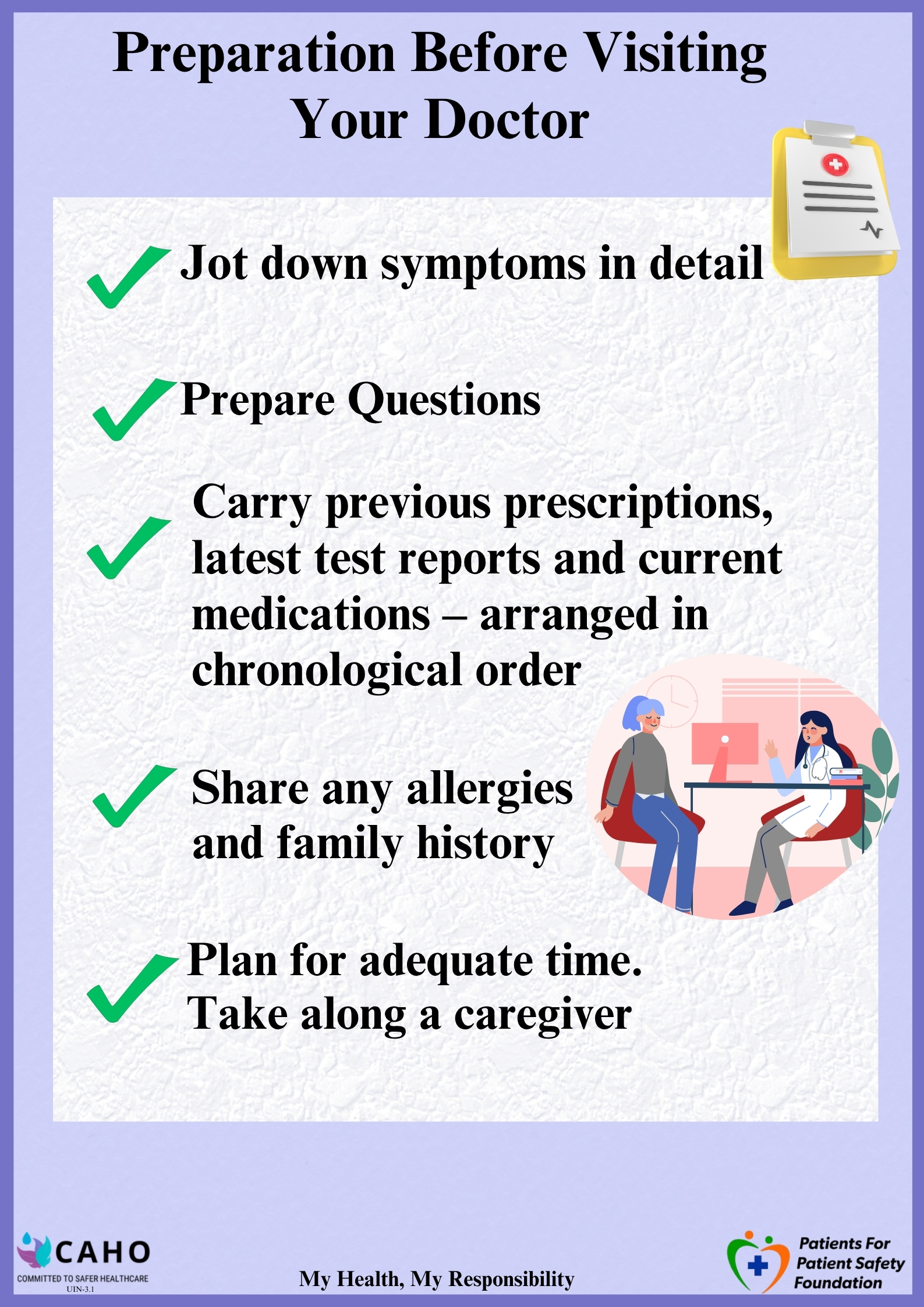Are all the Diagnostic Tests
Necessary?
Introduction:
Medical technology is advancing every day, leading to more complex
techniques and costly diagnostic tests. These tests help doctors diagnose and
decide on the correct treatment. However, the number of diagnostic tests
prescribed by doctors has become a growing concern as it leads to several
negative consequences like radiation, and infections besides financial burdens
and stress.

Here is how to guard against this:
- Ask questions: Ask your doctor the reasons for recommended diagnostic
tests before agreeing. Also check for potential benefits, risks and any
alternative to the test.
- Review your medical history: Keep track of your medical history and
any previous tests or procedures you have undergone. Share this
information with your doctor to avoid unnecessary repetition of tests.
- Seek a second opinion: If you have concerns about the necessity of a
recommended test or if you are unsure about the initial diagnosis,
consider seeking a second opinion from another healthcare provider.
They may offer a different perspective and recommend an alternative
approach.
- Understand the potential consequences of unnecessary tests including
radiation risk, financial cost, emotional and physical stress and accuracy
of the test. Check the range of accuracy, meaning possibility of false
positives or false negative results.
- Consider watchful waiting before testing: For certain conditions or
symptoms, your doctor may recommend a period of observation without
immediate testing. This approach allows for monitoring any changes in
your condition before deciding if tests are required.
- Do not suggest tests: As informed patients, we are aware of several
possible tests. Let your physician decide instead of suggesting any
yourself.
Remember that you have the right to be an active participant in your
healthcare decisions, make sure that you have been briefed on what to expect
when going for a test. Also, ensure that the technicians document your age,
name and ID correctly.



